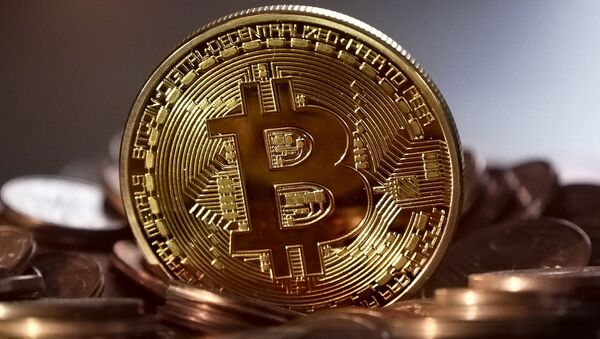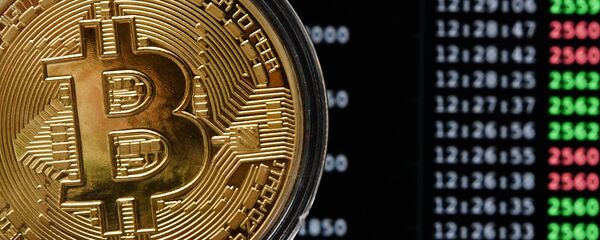The digital currency has more than doubled in value since October and surged by 4.5 percent on Monday afternoon to trade at $9,721 on the Luxembourg-based Bitstamp exchange, but dropped slightly to $9,600 later that day.
In addition, Coinbase, the online platform used to buy, sell, transfer and store digital currency, gained 300,000 users during the US Thanksgiving holiday from Wednesday until Sunday, bringing the total number of global Coinbase users to 13.3 million.
"The Coinbase data is evidence that adoption is not slowing down," Alistair Milne, a British entrepreneur and investor, told Reuters.
"Breaking $10,000 seems inevitable following the recent price action," he said, referring to the price surge that occurred over the last week.
The price of bitcoin has steadily increased since CME Group, the American financial market company that owns and operates large derivatives and exchanges, announced in October that they would start offering bitcoin futures.
Although no specific date has been set, the company said last week that they would launch bitcoin futures by the end of the year, which may encourage more institutional investors to invest in the market.
"Promises of bitcoin futures opening the door to institutional money are supercharging the price," according to Charles Hayter, the founder of Cryptocompare, a cryptocurrency data analysis website.
Since bitcoin's most recent price surge, the cryptocurrency "market cap," which is the price of bitcoin multiplied by the total number of coins in the market, is now more than $163 billion, while the market cap for all cryptocurrencies is greater than $300 billion. That makes the market value of all cryptocurrencies more than that of giant American retail corporation Walmart.
However, some central and investment bankers have claimed that the staggering increase in bitcoin's price may cause regulators to shut down bitcoin exchanges like the Chinese government did earlier this year.
"Regulators know the rewards of cryptocurrency and blockchain could be huge but [they] have more than one eye on the catastrophic ramifications if good governance, stability and control are not preserved," said David Futter, who works at a law firm in London.
"If the carrot of self-regulation proves insufficient, the regulators will not hesitate to use their stick."



